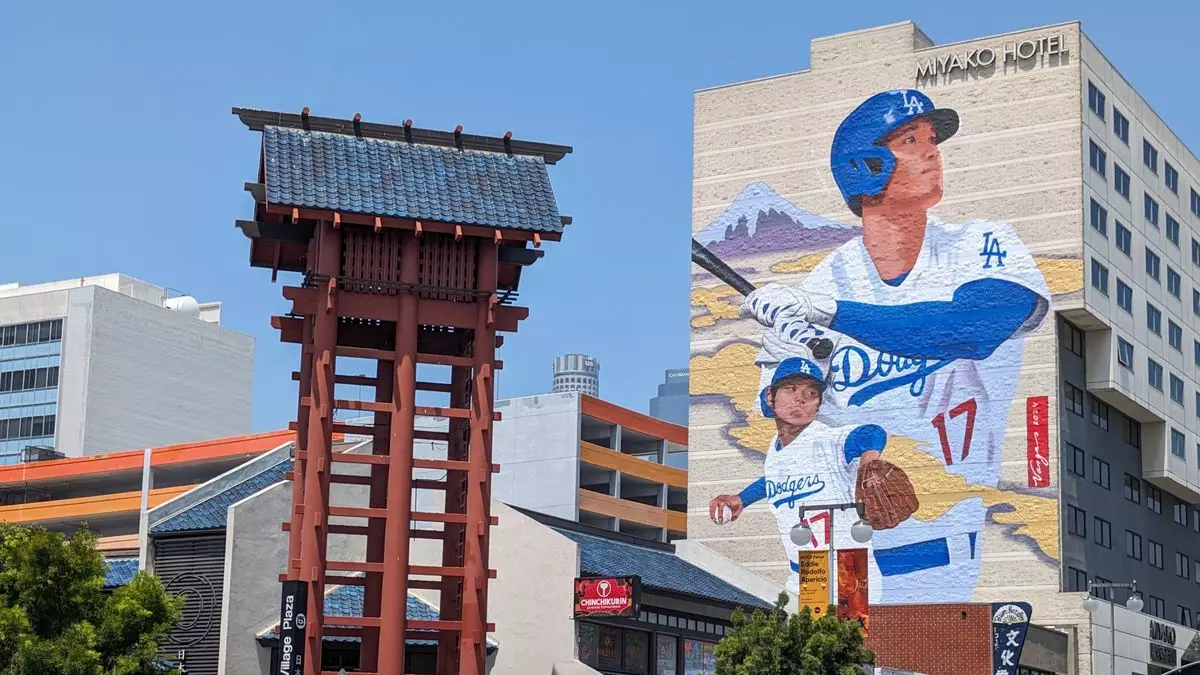The recent wildfires that swept across Los Angeles County have marked an unprecedented moment in the region’s history, drawing attention to the critical roles hotels can play in emergencies. In the wake of this disaster, hotels in the area have evolved into essential shelters for evacuees while simultaneously striving to maintain their business operations. The balance between providing humanitarian aid and sustaining economic vitality is arguably one of the most significant challenges faced by the hospitality sector during such periods of crisis.
Jackie Filla, CEO of the Hotel Association of Los Angeles, underscores the industry’s commitment to responding to both immediate human needs and long-term economic stability. According to Filla, the local hotel community has reacted proactively to assist those displaced by the wildfires, showing outstanding flexibility. Over 300 hotels have reportedly offered substantial discounts and concessions to evacuees. This broad response includes waiving fees related to pets and parking, demonstrating that the industry views itself as part of a larger societal solution.
The collaborative spirit is particularly evident in West Hollywood, where hotels have taken the initiative to implement steep discounts for affected individuals. Jeff Morris, CMO of the West Hollywood Travel + Tourism Board, highlights that participating hotels are diversified in their approach, offering not just discounted room rates but a wide range of additional perks. This multi-faceted support indicates a communal effort within the hotel sector to bolster those in need while maintaining a shared commitment to recovery.
Notably, this cooperative atmosphere extends beyond Los Angeles. Hotels in neighboring regions, such as San Diego and Palm Springs, have opened their doors to displaced residents, effectively embodying a regional solidarity that flourishes in times of crisis. Fred Tayco, Executive Director of the San Diego County Lodging Association, emphasizes how the collective experiences of Southern California, shaped by a history of natural disasters, have fostered a swift community response. The existing familiarity with emergency situations allows these communities to mobilize resources quickly, forming a vital support system for neighboring areas affected by the wildfires.
As the fires continue to pose challenges, the Hotel Association of Los Angeles is exploring long-term solutions. Filla refers to successful initiatives like Inside Safe, which repurposes hotel spaces toward urgently needed housing, recognizing that the hospitality sector can contribute in substantial ways beyond mere refuge. This multifaceted approach not only aids immediate needs but also addresses systemic issues such as housing insecurity, particularly in a city already grappling with significant socio-economic challenges.
While assisting evacuees remains paramount, maintaining operational viability is equally crucial. For many hotels, conducting business as usual—insofar as safety permits—is vital for revenue generation and job retention in the local economy. Filla points out that hotels significantly contribute to Los Angeles’ tax revenues outside of property taxes, reinforcing the notion that economic recovery and humanitarian efforts can coexist.
As the industry pushes forward, notable events scheduled in the coming months signal hope and resilience. The Americas Lodging Investment Summit, along with its related gatherings, is set to proceed as planned at major downtown venues. Institutions like the Los Angeles Convention Center are similarly committed to maintaining their event schedules, offering a sense of normalcy amidst the prevailing turmoil. Such events will not only provide a much-needed boost to the hospitality sector but also serve as critical cultural markers that anchor the community during these times of uncertainty.
Tourism leaders are also keenly aware of the intertwining relationship between hospitality and the entertainment sector, particularly during the high-profile awards season. The Grammys and Oscars significantly impact tourism and hotel occupancy in West Hollywood, and industry stakeholders like Morris are vigilant in ensuring that these events proceed as expected. The preservation of these cultural spectacles could aid in a more robust economic recovery, emphasizing the interconnected nature of these sectors.
As Los Angeles grapples with the aftermath of devastating wildfires, the hospitality industry stands as a testament to resilience, adaptability, and community spirit. Hotels are not merely businesses; they are vital components of a social safety net capable of addressing both immediate needs and contributing to long-term recovery efforts. By navigating the dual challenges of disaster response and economic stability, the sector has demonstrated that it can be both compassionate and strategic in forging a path forward in the face of adversity. Ultimately, the actions taken now could shape the future of the hospitality industry, fortifying its role within the fabric of Los Angeles society for years to come.


Leave a Reply